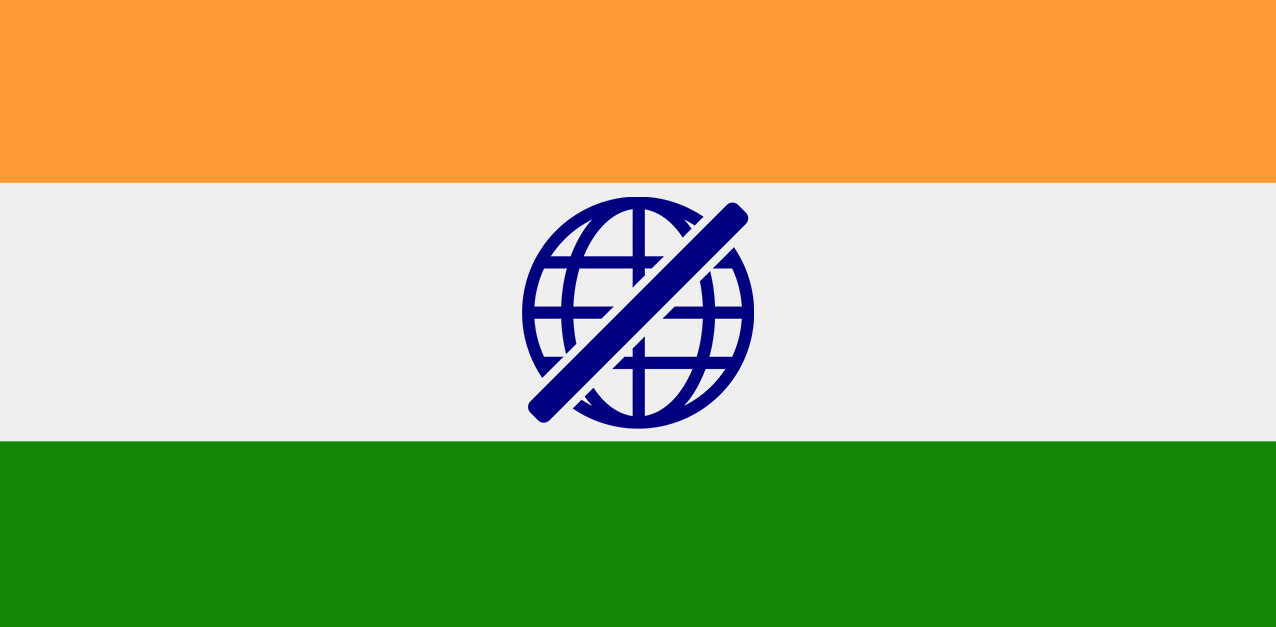
As the social media space in Western markets edges closer to the point of saturation, the Internet’s top firms are tightening their focus on emerging markets where they can continue to grow their user bases, activity and revenues.
With a population in excess of 1.3 billion, which makes it the world’s largest country, China is the epitome of that opportunity. As Facebook’s S1 filing noted however, entry into China is hugely complicated. Not only do authorities block Twitter, Facebook (and Google+ for that matter) from its 500 million plus Internet users, it also insists that Web firms manage and remove sensitive content from their platforms.
Over the last month, Facebook, Google and Twitter — three of the industry’s big guns — have each revealed glimpses of their distinctly different attitudes and approaches to China. Each is worthy of analysis as they eye up China’s potentially lucrative market
Facebook and China has become a particularly hot topic since the company filed its IPO last week. The public documentation contained no fewer than 9 mentions of ‘China’, which included an admission that the firm may never be able to satisfy the country’s demands.
China is a large potential market for Facebook, but users are generally restricted from accessing Facebook from China. We do not know if we will be able to find an approach to managing content and information that will be acceptable to us and to the Chinese government.
The social network is blocked in China, however its top executives have always maintained that the country is a market that they would like to explore. During a TV interview last year, Mark Zuckerberg revealed that there was no immediate plan, just yet at least:
At some point I think there would be some discussion around what it would take to go [to China], and then we’d at that point have to figure out whether we were willing to do that.
His COO Sheryl Sandberg revealed that the company’s attitude to being blocked is somewhat more relaxed than others. Sandberg calling the blocking of the social network the Chinese government’s “choice” as neither of the two denounced the regime and its censorship.
Zuckerberg himself is known to have taken a personal interest in China. His girlfriend Priscilla Chan’s family has links there, he has taken up learning Mandarin and is curious about the country, having spent time there during 2010.
His visit to China was officially a holiday, but Chinese tech media reported a number of rumours during his time in the country. According to a report from Bloomberg, Zuckerberg met with Baidu (which is loosely an equivalent to Google in China) and Sina (owner of China’s top microblog) as well as Alibaba.
Facebook has been tipped to enter China through a partnership, which would help it leverage local market appeal and leave a more experienced and connected firm to manage relationships and concessions with the government.
It remains to be seen if and how such a setup would work, and whether such a move would be received negatively by Facebook users outside of China. Given the blacklash against Twitter’s move to support censorship, which is arguably just transparency, Facebook users may resent the company putting its principles aside for a piece of the Chinese pie.
Google is the only member of the trio that is legally operational in China, despite of the fact that it relocated its search engine to Hong Kong in 2010. In spite of the move, the company holds the second largest share of revenue within China’s $866 million search market, although it does trail Baidu by almost 60 percent.
While it is negotiating the future of its Google Maps service in the country, as discussions with the government remain ongoing, other services in its portfolio have fallen victim to China’s Great Firewall censorship policy.
Access to Google+ has been blocked in the country since almost day one, Gmail has had issues, while Android had shaky times when access was blocked or loading sluggishly for many, however the issues were soon fixed.
Google has been outspoken in its criticism of China. Aside from relocating its search business to Hong Kong, the company’s executive chairman Eric Schmidt recently labelled its censorship measures as “a truly bad set of laws”. Schmidt called Hong Kong “the other China, which we like”, yet still Google continues to be focused on and running a number of services in China.
Given its battling approach, Google+ and other services are unlikely to be opened in China but the company is providing important services there, particularly on mobile, so its position appears to be safe.
Twitter has perhaps been the most defiant of the Chinese regime. CEO Dick Costolo famously called the microblogging service “the free wing of the free speech party” but the introduction of a feature to allow censorship has seen him forced to clarify that the move wasn’t a precursor to entering China.
Costolo recently labelled China as “not a place that we could operate in”. Yet, Twitter founder Jack Dorsey recently visited the country leading to speculation that it might be trying to launch there. While Dorsey may well have been there in his capacity as founder of Square — the other company that he devotes half of his day to — China’s twiterrati were aflutter trying to ascertain exactly what was behind the trip.
Twitter may well have the hardest time establishing itself in China, assuming that it could agree on the necessary compromises in the first place, which is a big ask. Its equivalent microblogging services (Weibos) are thriving in its absence. Weibo services run by Sina and Tencent both have more than 250 million registered accounts each. That suggests that around half of all Internet users in the country are registered to each service.
Dorsey himself has lamented Twitter’s exclusion in China for some while. Last year, he claimed that the company wasn’t allowed to compete, as the Weibo services were in sole control of the market there.
Twitter’s censorship option would undoubtedly ‘work’ in China, where Sina Weibo’s rumour control team works 24 hour days to ‘unpollute’ content and false rumours in its service. However, with such strong words from two of its key executives, it remains to be seen if a compromise could ever be reached.
Conclusion
The fact that Facebook continues to “analyse” China and not rule the market out, makes it arguably more likely to move over there. That’s particularly true when considering the efforts that Mark Zuckerberg has made to network and meet key figures in the country.
Yet despite that, Twitter is the closest to being able to make a compromise, thanks to its new option of hiding tweets deemed unsuitable for users in selected countries. Such a prospect flies in the face of its public comments on China and, as we have said before, Twitter isn’t endorsing (or arguably keen on) censoring, it has just opted for a transparent approach.
There is no doubt that Google is the best-placed of the three. Though Google+ is blocked in China, the company is operational in the country where its services are generating revenue and its Android mobile operating system is well used. Though Android is being significantly altered by some of China’s tech industry, such as Baidu Yi which replaces Google’s services with Baidu’s.
In the case of Twitter and Facebook, even if they were to ‘sell out’ and compromise on censoring their content, there are no guarantees. As a feature article from Reuters suggests, it is entirely possible that Chinese authorities may be completely opposed to either entering the country in any capacity, even in partnership with a local company.
If the last month is anything to go by, there is likely to be plenty more speculation and news as the Web’s Western giants continue to size up the potential of China.
Get the TNW newsletter
Get the most important tech news in your inbox each week.





